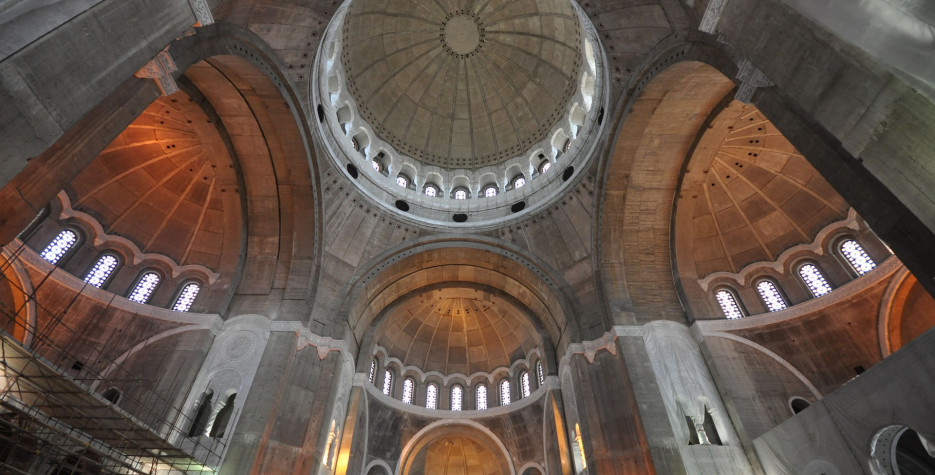When is St. Sava's Day?
St. Sava's Day is a working holiday in Serbia on January 27th each year.
Also known as Spirituality Day, this day commemorates the patron saint and national hero of the Serbian people.
History of St. Sava's Day
Saint Sava, known as the Enlightener, was a medieval Serbian prince and Orthodox monk, the founder of the Serbian Orthodox Church.
Sava was born in 1169 or 1174. Named Rastko at birth, he was the youngest son of Serbian Grand Prince Stefan Nemanja. He was made the Prince of the province of Hum in 1190. After only a few years, he threw off the trappings of royal life and left for Mount Athos in Greece to become an Orthodox monk, where he received his monastic name of Sava.
After 14 years in Mount Athos, Sava returned to Serbia to become superior of the monastery of Studenica. He was key in ensuring that the Church in Serbia remained Orthodox and not part of the Roman Catholic Church.
Cementing his legacy as the Enlightener, he led a cultural and ecclesiastical renaissance that included the establishment of schools and the beginnings of a medieval Serbian literature
Sava died on January 27th 1235 in Bulgaria. He was on his way home from a trip to the Holy land.
In 1594, after a Serb uprising, the Ottomans burned the relics of St. Sava, showing how important Sava had become to the Serbs.
Vračar plateau, the location of the burning of his relics was used as the site of the Church of Saint Sava. Work began on the cathedral in 1930 and was only completed in 2004. Dominating Belgrade's skyline, it is the largest Orthodox church in Serbia, one of the largest Eastern Orthodox churches and ranks amongst the ten largest church buildings in the world. The impressive dome resembles that of the Hagia Sophia, after which it had been modelled.
Reflecting his importance to the Orthodox Church, his feast day is also venerated by Greeks, Bulgarians, Romanians and Russians. In Macedonia Saint Sava's Day is a religious holiday for members of the Serbian community.


